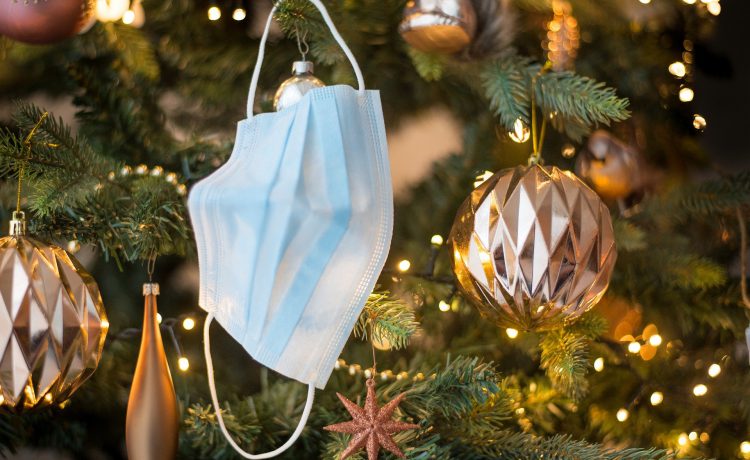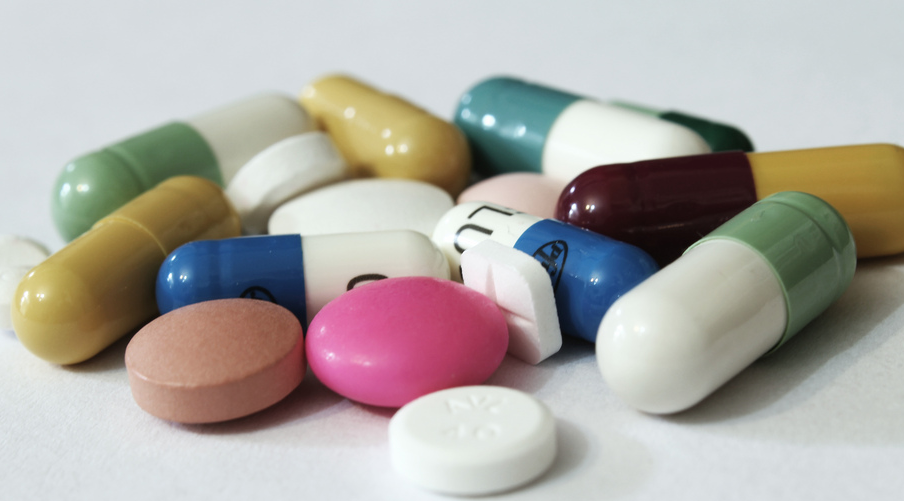Last Updated on December 2, 2022
The holiday season in the United States and throughout the world has begun, and many people travel to visit family during these months — including some who may be traveling with a chronic illness, all of which have added complications due to the ongoing COVID-19 pandemic. We at NeedyMeds have some tips for healthy travel over the holidays along with suggestions for staying safe and mitigating the spread of coronavirus.
- Getting fully vaccinated and/or receiving boosters of available COVID-19 vaccines is the best way to protect yourself from infection while traveling — especially if you are uninsured; COVID vaccines will no longer be free for everyone in 2023 and could cost uninsured patients over $100. Be sure to bring your vaccination record card or other form of proof of vaccination for venues/services that require it.
- Wear a mask in public spaces — even if fully vaccinated/boosted — especially if you are presenting any symptoms of respiratory illness. Masks can slow the spread of coronavirus (COVID-19), rhinoviruses (colds), influenza (flu), and respiratory syncytial virus (RSV).
- Consider any special health needs for children, pregnant people, and people with disabilities, chronic illness, or weakened immune systems. It is best practice to get tested for COVID-19 before visiting anyone at risk of severe complications — even if fully vaccinated/boosted. Don’t hesitate to cancel plans if you are feeling sick.
- Learn the health implications of your destination. The Centers for Disease Control and Prevention (CDC) has the information you may need. If you are traveling abroad, the CDC has a resource to see what inoculations are required and other things to keep in mind about different destinations.
- Bring all your medications. Keep your medications in the original, labeled bottles. Keep the medicine in your carry-on luggage and never pack your pills in a suitcase you plan to check.
- If you are flying, give yourself enough time to make it through parking, security, and other lines. Be prepared and patient when encountering delays in travel.
- If you are driving, plan your route ahead of time and pack a GPS, smart phone, or up-to-date road maps as a backup. Remember to get out of the car to stretch and get fresh air periodically.
- Wash/sanitize your hands often, no matter how you are traveling. Keeping your hands clean is an important step to avoiding sickness and spreading illnesses, especially while traveling or preparing food.
- Sleep well the night before travel. While anticipation and excitement can make restful sleep difficult, being prepared for changing time zones and alert for the journey are essential.
- Eat well before hitting the road. A wholesome diet not only keeps one’s immune system in fighting shape and gives ample energy for the trip ahead, but it will help travelers avoid expensive and unhealthy junk food.
- If you have a chronic illness, doctors recommend taking a health history information sheet (HHIS) that includes diagnosis, physician and emergency contact information, medications and dosages info. Travelers should bring a copy of all prescriptions along with their medication in its original packaging. The Transportation Security Administration (TSA) has guidelines for passengers with disabilities and other health conditions to avoid delays or complications if traveling by air. A medic alert bracelet or first aid kit may also ease the mind of those worried about managing their illness abroad.
Whether you are traveling or staying local, there are tips for staying healthy throughout the season:
- Stay warm. The holiday season brings winter to much of the United States and cold temperatures can cause health problems, especially the very young and elderly adults. Stay dry and dress warmly in several layers.
- Eat healthy & stay active. Holidays are often times of hearty meals followed by sweet desserts, but it is important to keep a balanced diet. Don’t skip out on vegetables at family dinners or fruits in desserts, and try not to be weighed down by the “food coma” — get out and be active.
The holidays can be stressful; familial obligations, cooking, cleaning, shopping, and even less sunlight can contribute to the deterioration of physical and mental health. It is important to balance commitments, down time, and enjoyment. For some, the holidays can be particularly difficult. LGBTQIA people are generally more likely to report feelings of anxiety or depression, but the holidays can make those feelings much more severe — especially for those who have experienced rejection from their family. Being discouraged from expressing one’s authentic self can be a painful reminder that those close to them don’t accept who they are, or lead to feeling unsafe.
Whether you are returning to an unsupportive home, are struggling with strong emotions, or are overwhelmed from the holiday stimulus, there are tips for maintaining your mental health in the face of holiday stress or challenging family environments:
- Check in with loved ones and friends who support you. Those who do not have supportive networks, are in recovery, or coping with mental health issues need compassion and affirmation. Surround yourself with friends or family you are comfortable being around, whether it’s through a phone call, text messages, and/or hangouts — online or in person. Checking in on your friends is a great way to make sure that you stay connected to your community and yourself.
- Make a self-care plan. Make a list of what your triggers are and set personal boundaries before you visit your family or friends, as well as a list of ideas that calm you down. This list can include things that help you calm down like eating comfort food, getting sleep, putting off homework, crying, rescheduling plans, reading a good book, watching TV, or doing nothing at all. Feeling your feelings is healthy. Keep some positive affirmations on hand that you can turn to when you need a reminder that you’re doing the best you can if you’re struggling. This self-care list can also contain phone numbers and names of people that support you; include the number for a suicide/crisis hotline such as 988.
- Practice talking about your identity to a friend before you visit your family. In the case you may want to start having a conversation with your family about your pronouns or sexuality, practice talking about how you want to be treated. Expressing that you have an attraction for the same sex or that you want to be called a name and pronoun you identify as can be empowering — but it may not always be respected; if you need to walk away from any toxic conversations regarding your identity, that’s okay.
- Consider discussing in advance what will make everyone comfortable with sleeping arrangements, expressing affection with partners, and navigating conversations. Confirm sleeping arrangements with your family before you arrive.
- If you are worried about feeling stuck when going to a place where you do not have a support system, plan an exit strategy. Consider arranging in advance to leave early or at a certain time, to stay with a supportive person or in a hotel. Be prepared to leave unexpectedly if someone becomes discriminatory or the environment becomes unsafe for you.
- Remember that you deserve love and support. Whether you decide to step away from a holiday party because you are feeling overwhelmed, deciding to go to a friend’s house to be in a more supportive space, or if you are feeling suicidal, know that you are loved and are worthy of compassion. You matter.
For those without a source of healthy food this holiday season or any time, FoodFinder is a nonprofit food pantry locator that helps find when and where to get free food assistance in your area. While we do not have information on programs that can help with traveling for the holidays, NeedyMeds has resources for those in need of assistance traveling to medical appointments, including specialists far away. For help, search for your diagnosis and look for Travel Expenses under Services to find programs that offer assistance. Some programs may offer transportation for non-medical purposes such as grocery shopping. The free NeedyMeds Drug Discount Card can be used by anyone to help save money on their prescribed medication — even over-the-counter medicine that’s been prescribed by a doctor — regardless of housing or immigration status. It can even be used to save on the price of vaccines, including the flu shot. The card is available physically via mail, in a printable form, or as a smartphone app for Apple and Android devices. For those in need of further assistance, check our website or call our toll-free helpline at 1-800-503-6897.
If you or someone you know is struggling with mental health or is feeling suicidal, it is important to know that no one is alone. Call for assistance, whether help is needed immediately or long-term.
Lines for Life (crisis support for youth, seniors, racial minorities, & military families): Call or text 988
The Trevor Project (LGBTQIA crisis support): 1-866-488-7386 or Text “START” to 678-678
Trans Lifeline (transgender crisis support): (877) 565-8860
Blackline (LGBTQIA-inclusive crisis support for Black, Indigenous, & Muslim communities): 1-800-604-584




